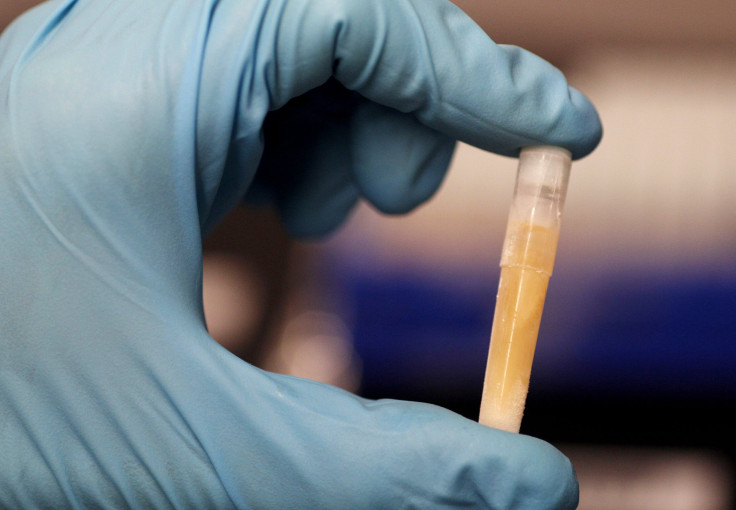Scientists Successfully Turn Urine Into Brain Cells

Researchers have found a way to turn urine into brain cells. The technique uses the cells discarded in human waste to form neuron cells. The method could be particularly successful when targeting children who are ill, because it is far easier to receive a urine sample than a blood sample from a child.
Stem cells, or induced pluripotent cells, have long been seen as the holy grail for researchers because they can convert into any cell in the body and, because they are taken from the patient, they do not carry any risk of being rejected. However, embryonic stem cells are difficult to obtain because of ethical concerns and they can cause tumors. Scientists have converted blood and skin cells. However, urine is an easier source.
Duanquing Pei and his colleagues from the Chinese Academy of Sciences had previously reprogrammed kidney epithelial cells in urine into stem cells. However, the study, which was published last year, used retroviruses which, while successful and a common technique, can make them less predictable.
This time, Pei and his colleagues converted the cells using vectors that did not integrate into the cell's genome. The technique was successful, and converted the cells into stem cells in just 12 days, half the time that other cells have taken. With some more time, the cells showed the rosette shape customary for neuron cells. The team grew the cells and they turned into fully functional neurons in the laboratory. The technique seems to be quicker, more effective, and hopefully less error-prone than other methods.
The team also recreated their findings with mice. They found that the mice did not grow tumors. They also found that, four weeks later, the cells had taken on the shape and molecular marker of neuron cells.
The study was published in the journal Nature Methods.



























